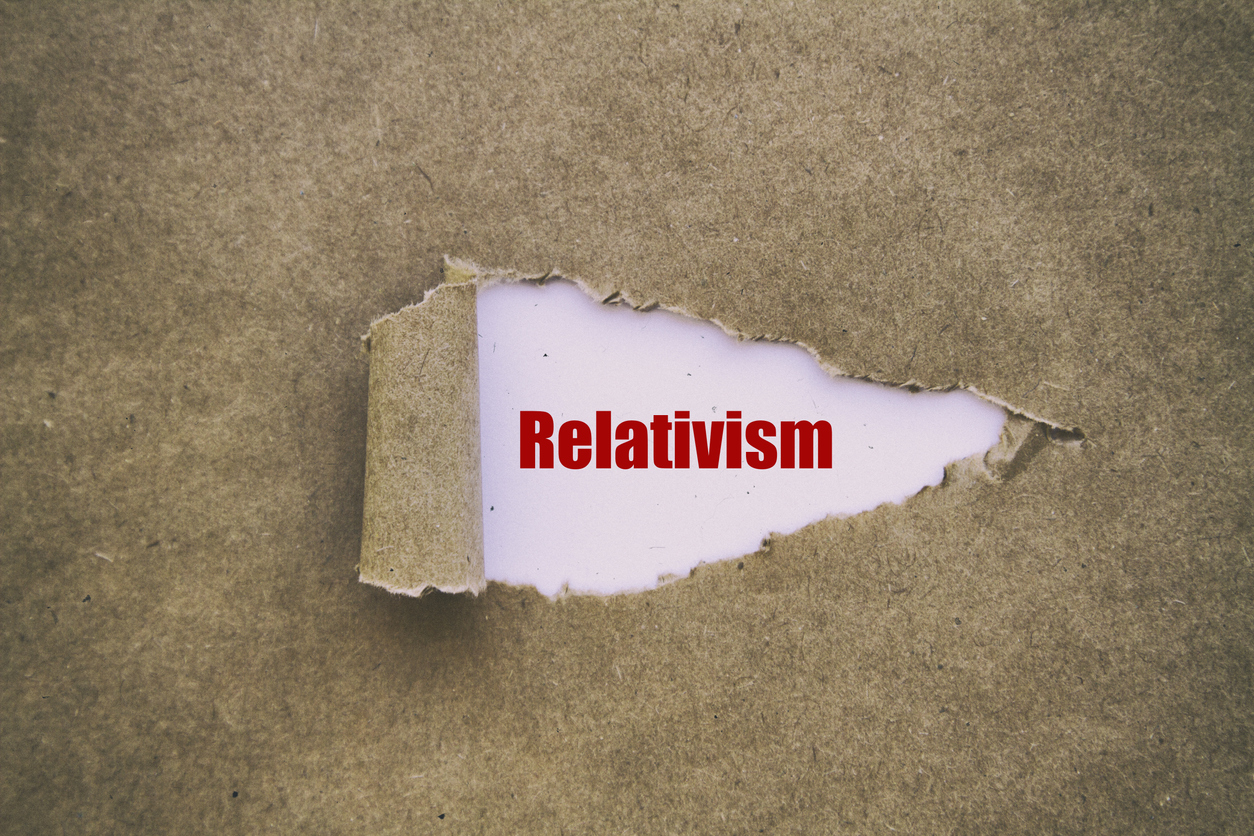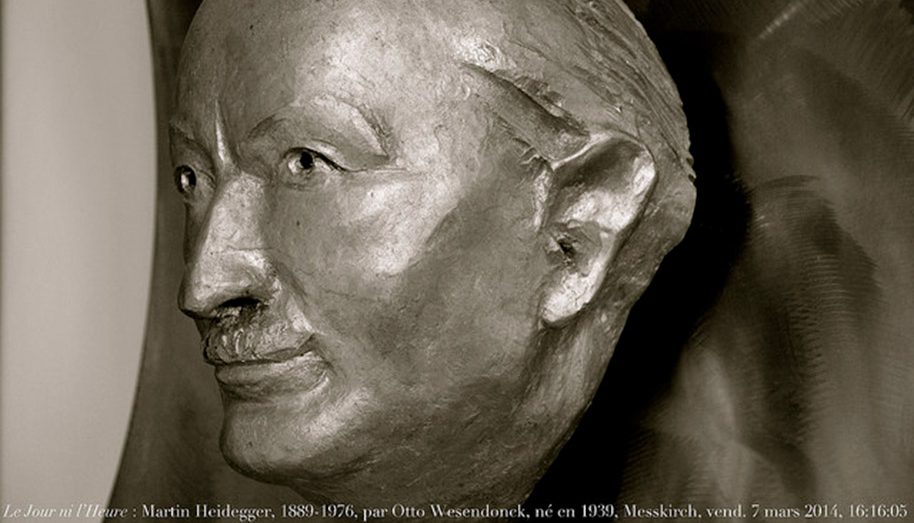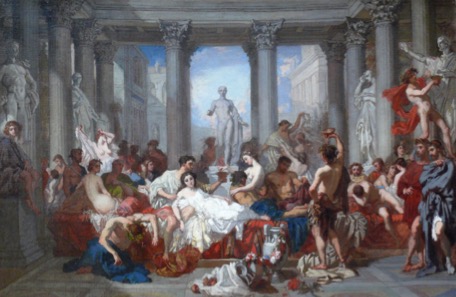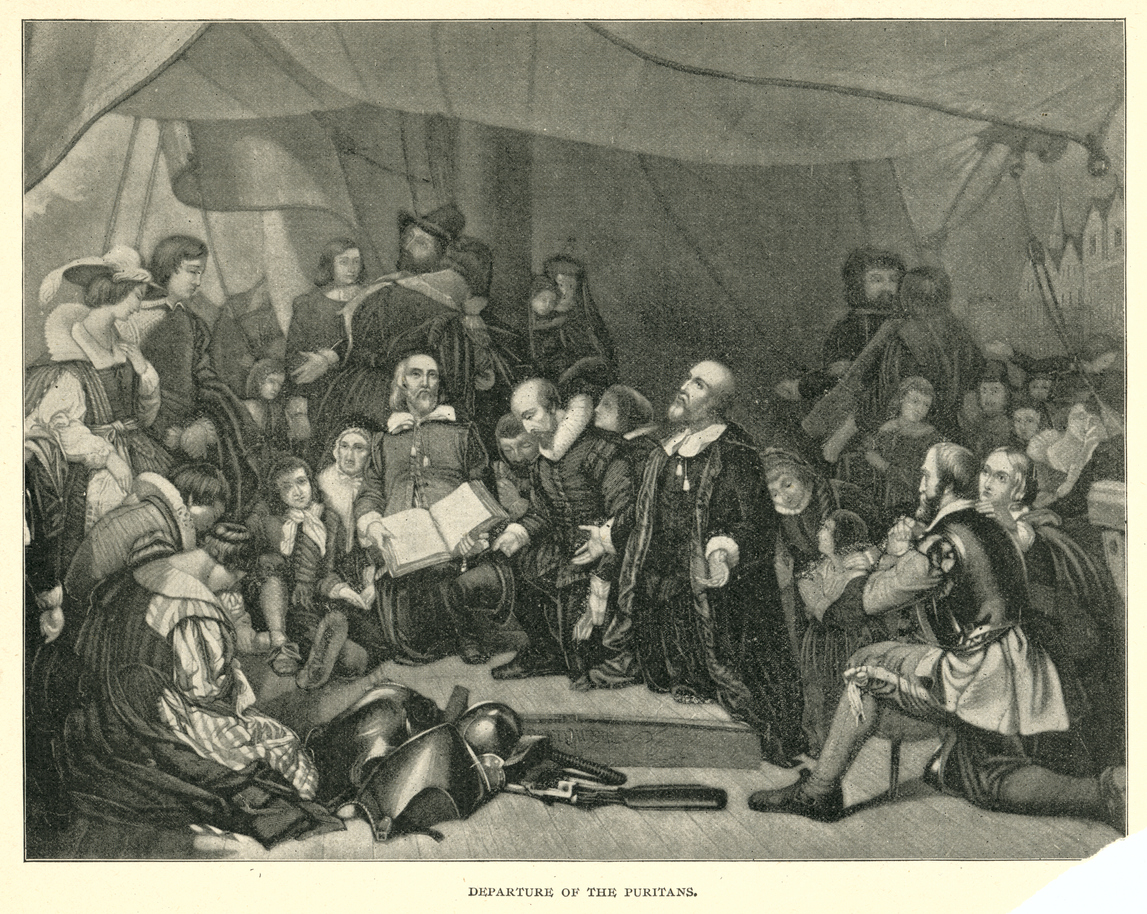Since Jaffa wrote "Reichstag" in 1989, the campus left has adorned its ideology with a few new terms—but its underlying relativism remains the same.
What We Can Know: Natural Law Properly Understood
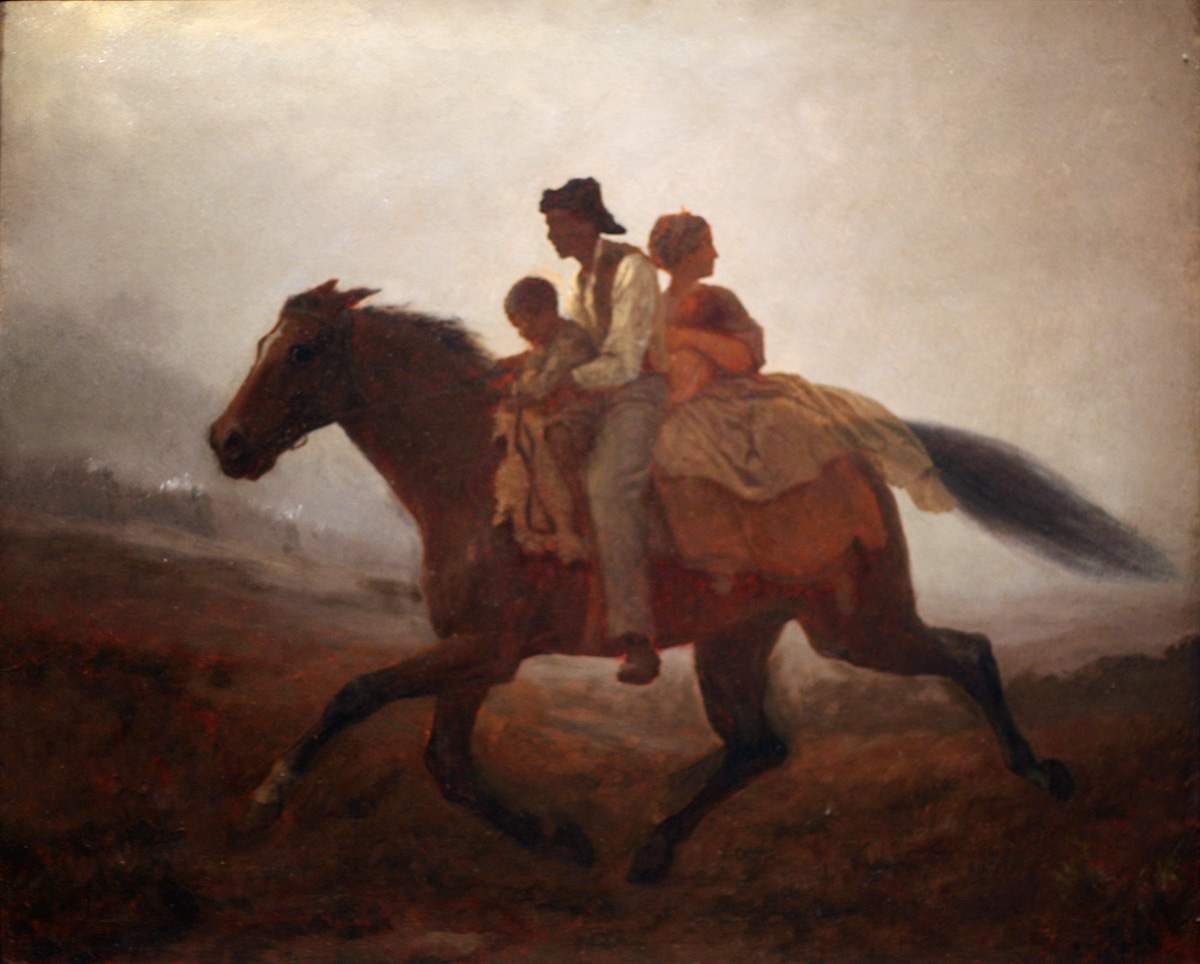
We may never find a grand, unified theory of the “single truth," but we do not need it to know that men are not horses and beauty is truly good.
I always agree with Heather Mac Donald, and I do so here. Also, in this case, I disagree.
I agree with her that the campus mobs of our day do not understand themselves to be relativists, but rather they are “judgmental,” as she calls it: fiercely so, as she notes.
But Heather misunderstands Professor Jaffa on this point. He says over and over again in “The Reichstag Is Still Burning” that Nazism and Marxism are not examples of relativism, but historicism, and he mentions both as inspirations of the assault on the campus that he witnessed in Claremont.
This does not, however, mean that relativism is not a source or precursor of the historicism and nihilism that follow it. Jaffa’s teacher, Leo Strauss, proceeds from relativism to historicism in his great Natural Right and History, and he describes relativism as the weaker sibling that gives way. Jaffa loved to say, “you cannot beat a dogma with a stigma.” One will never destroy the establishment just by talking bad about it. One must substitute something else. People may well fight for nothing, but when they do they call it and think of it as something.
Heather is right that many so-called traditionalists who oppose the campus mobs are relativists. This is what makes them weak.
Heather is wrong about how the signers of the Declaration of Independence felt about slavery. This is simply a factual matter. Several of them had slaves, but they also condemned slavery. Most of them took steps to abolish it, and it was soon abolished in more than half the Union. Jefferson was the key agent in granting the Northwest Territory—the first territory where the Union grew—to the federal government with the condition that slavery be forbidden there. Jefferson wrote: “in the contest between the master and the slave the Almighty has no attribute that can side with us. Indeed I tremble for my country when I reflect that God is just.”
The miracle, Professor Jaffa liked to say, is not that the Founders were slaveholders; that was common. The miracle is that slaveholders adopted a principle that condemned slavery and set it on a course to extinction. This course, when it was finally travelled, proved a journey full of bloodshed. The fact of the Civil War supports the Founders view that the journey would have been impossible while they were consumed with founding a new nation, and a new kind of nation.
To Heather’s point about the Founders and women, I refer her to two books by Tom West that deal with the subject: Vindicating the Founders: Race, Sex, Class, and Justice in the Origins of America and The Political Theory of the American Founding: Natural Rights, Public Policy, and the Moral Conditions of Freedom. These books, based upon the thought and actions of the Founders themselves, show that they did not rely so much on “assuming” as she claims; neither did they assume what she says.
Her larger point is connected to these particulars. She thinks, as far as I can tell, that the fact that people disagree about and violate the natural law proves that it has no meaning. It proves no such thing—but it does prove at least two other things.
First, the right thing to do is often hard to know, because when it comes to doing, circumstances matter—and they change. This does not mean that some actions are not right and others wrong. Rightness depends upon a serious judgment of the circumstances and a serious moral intention, a wish to do the good thing. Aristotle argues—truly, I think—that an action with a fine result is not virtuous in the doer if he does not do it for the right reason; indeed, basing one’s approval on success alone corrupts the soul. This means that failures can be noble and successes base. The calculating virtue depends upon some possession of wisdom, which is knowledge of the unchanging and high, but also it must watch the swirling factors that govern what is possible.
Second, the fact we disagree about and violate the natural law reveals we are human: rational and blessed with a conscience, but united with a body that is vulnerable and will die. It is not likely that human beings will stop doing bad things under pressure or due to the distractions of living an animal life. Though none is perfect, however, some are mighty good.
If the natural law is hard to know, it is in another way easy to know—as easy as knowing the difference between a human and a pig. Lincoln argued that those who held slavery to be a positive good knew in their heart of hearts that it was wrong: they never passed a law, said Lincoln, making it illegal to teach a pig to read, and they never tried a pig for murder. They did both to slaves. Even when they were sure they had won the war, Hitler and his cronies were much readier to kill Jews than they were to tell the world what they were doing. The Nazis tried at Nuremburg did not go to the gallows proclaiming the good of what they had done: they said it was someone else’s fault, not someone else’s virtue.
Finally, I agree with the beliefs Heather says move her to the shining work she does. I suggest only that she defend them with the vigor so evident in that work. She says that she would restore the academy to its “proper” mission by resorting not to truth but to “beauty, wisdom, insight” and several other fine things. What makes this view “proper,” when it is contested so hotly? Why does it not fail for the same reason she says “truth” fails? If these things are proper, they must be truly so.
Our “cultural inheritance” that Heather supports so ably does not stem from the claim that this is our way, justified only by the fact that we prefer it. Jerusalem does not proclaim that there are many gods, and we happen to like ours. Athens does not seek to know what our own things are, but what the essential things are and how they relate.
We are raised above the beasts, but still we are only mortal, and we may not find a grand, unified theory of the “single truth.”
Yet we do not need it to know that men are not horses and that good and beauty are truly good.
The American Mind presents a range of perspectives. Views are writers’ own and do not necessarily represent those of The Claremont Institute.
The American Mind is a publication of the Claremont Institute, a non-profit 501(c)(3) organization, dedicated to restoring the principles of the American Founding to their rightful, preeminent authority in our national life. Interested in supporting our work? Gifts to the Claremont Institute are tax-deductible.
Without a common understanding of the human person and the human good, academia is reduced to job training, politics, or consumerism.
Both the burning of the Reichstag and the decline of the American university resulted from the choices of philosophers. Jaffa’s final address is a condensed version of the book Allan Bloom should have written, but couldn’t.
Absent the teaching of human truth, absolutism preys on our atomized youth.
"Relativism," contra Jaffa (and Bloom), was merely administrative compromise. But the academy no longer believes all sin is relative...
What's the Root of Academic Rot?

